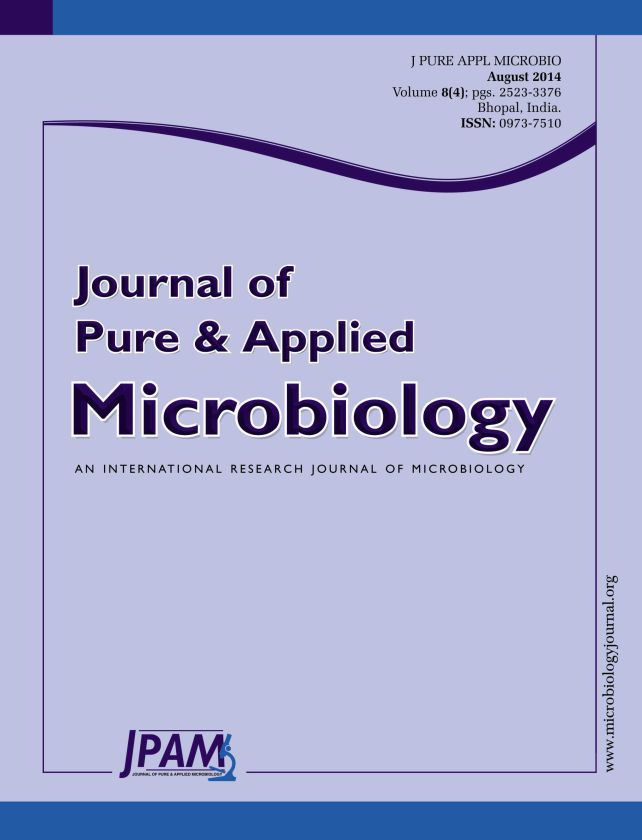The author evaluated the effects of PPGR (plant promoting growth rhizobacteria) inoculation on seedling establishment and enzymatic activity in particular amylase and protease activity during germination of upland rice seeds. Through this study, we carried out an experiment by using three bacterial strains, Nitrosomonas europaea, Rhodopseudomonas palustris and Acinetobacter sp. on two landraces, SK1 and Panderas. We discovered that SK1 seedlings had the maximum increment of radicle length in response to Rhodopseudomonas palustris (Treatment B) with 4.50cm and gave significant result compared to other treatments. The vigor index of SK1 seeds also gave the same significant effect using the same strain, (P<0.05) compared to control. The vigor index of seedlings inoculated with treatment B was found to be 856.67 which was significantly different (P<0.05) compared to control treatment except for treatment A and B. The highest amylase released by seeds treated with AC. Single microbial inoculants (A, B and C) showed slow increment at the beginning of day 2 but increased up to 3 fold compared to multiple microbial inoculants (AB, AC, BC, ABC). However, control treatment gave a comparable result to multiple microbial inoculants at the 5th day. Thus, these results give a clear picture for the potential of PPGR for the upland rice germination and seedling establishment.
Germination, Amylase, Protease, Enzyme activity, Upland rice
© The Author(s) 2014. Open Access. This article is distributed under the terms of the Creative Commons Attribution 4.0 International License which permits unrestricted use, sharing, distribution, and reproduction in any medium, provided you give appropriate credit to the original author(s) and the source, provide a link to the Creative Commons license, and indicate if changes were made.


